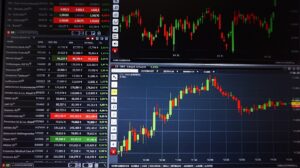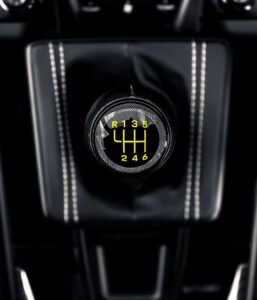
The Forex scandal came to light when Bloomberg News reported back in 2013 that some of the top currency dealers teamed up to rig the daily foreign exchange rates. It was rumored to have been going on for almost a decade according to industry insiders.
Do check out how the value of a currency is determined to learn more about the Forex market.
In 2013, $5.4 trillion worth of currencies were traded everyday on the foreign exchange market. This would mean huge gains and losses for the biggest players.
The sheer size of the Forex market and it being open for 24 hours from Sunday 5 p.m. EST to Friday 4 p.m. EST makes it difficult for financial institutions to keep up with the rapidly changing rates. So a daily exchange rate fix is made 30 seconds before and 30 seconds after 16:00 London time. The rates is decided from the transactions during the 60 second window.
The currency dealers were accused of front-running client orders. Front-running is when a trader would excute his/her own orders before a large order of a client. If they were to sell a billion worth of client money for another currency, they may sell their own stake at the current high price before executing the client’s order. This would mean huge profits for the banks but pushes the currency value lower leaving the country’s economic activities for the day in distress. Major swings in value due to this are mostly hypothetical but the practice sure remains unethical. It is very much possible for the banks to have colluded both when buying and selling a country’s currency at the expense of the society because fluctuations mean huge potential for profits.
Many currency dealers of major banks were engaging with rivals through online chat rooms with exotic names such as The Bandits Club, The Cartel and The Mafia. Some even used everyday mobile messaging applications and even telephone calls.
On 12 November 2014, the United Kingdom’s Financial Conduct Authority (FCA) imposed fines totaling $1.7 billion on five banks for failing to control business practices in their G10 spot foreign exchange trading operations, specifically: Citibank $358 million, HSBC $343 million, JPMorgan $352 million, RBS $344 million and UBS $371 million. On 20 May 2015, the five banks pleaded guilty to felony charges by the United States Department of Justice and agreed to pay fines totaling more than $5.7 billion.
There was a call for increased scrutiny of the trading practices, communication systems used in financial institutions and the window for the price fix was increased to 5 mins. This allows more transactions to take place making it much tougher to manipulate.
As of 2022, the Forex Market trades around $6.6 trillion everyday.
This article is part of an on-going series on investing. Use category ‘Money’ to browse them all at once.






